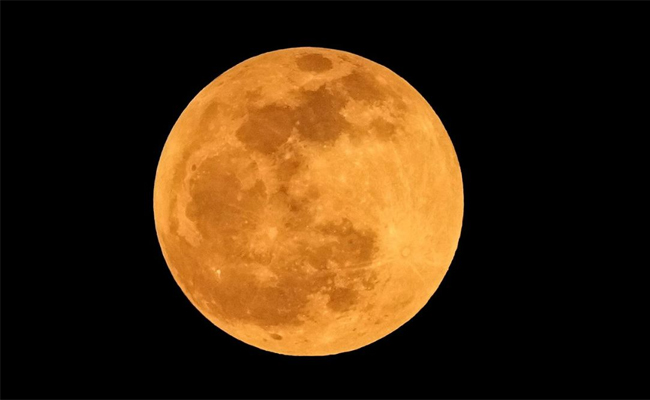Washington, April 17: NASA is now targeting Wednesday for the launch of its next planet-hunting mission, the Transiting Exoplanet Survey Satellite, or Tess.
The spacecraft was earlier scheduled to launch on a SpaceX Falcon 9 rocket from Cape Canaveral Air Force Station in Florida on Monday (4.02 a.m. on Tuesday, India time).
"Standing down today to conduct additional GNC (guidance, navigation and control) analysis, and teams are now working towards a targeted launch of @NASA_TESS on Wednesday, April 18," SpaceX said in a tweet on Monday .
NASA in a blog post said that the Tess spacecraft is in excellent health, and remains ready for launch.
Tess is NASA's next step in the search for exoplanets, including those that could support life.
Once in orbit, Tess will spend about two years surveying 200,000 of the brightest stars near the Sun to search for planets outside our solar system.
It will find the most promising exoplanets orbiting relatively nearby stars, giving future researchers a rich set of new targets for more comprehensive follow-up studies, including the potential to assess their capacity to harbour life.
With the help of a gravitational assist from the Moon, the spacecraft will settle into a 13.7-day orbit around Earth, NASA said in an earlier statement.
Sixty days after the launch and following tests of its instruments, the satellite will begin its initial two-year mission. Four wide-field cameras will give Tess a field-of-view that covers 85 percent of our entire sky.
Within this vast visual perspective, the sky has been divided into 26 sectors that Tess will observe one by one.
The first year of observations will map the 13 sectors encompassing the southern sky, and the second year will map the 13 sectors of the northern sky.
The spacecraft will be looking for a phenomenon known as a transit, where a planet passes in front of its star, causing a periodic and regular dip in the star's brightness.
NASA's Kepler spacecraft used the same method to spot more than 2,600 confirmed exoplanets, most of them orbiting faint stars 300 to 3,000 light-years away.
Let the Truth be known. If you read VB and like VB, please be a VB Supporter and Help us deliver the Truth to one and all.
Dubai (AP): The US State Department on Tuesday ordered the evacuation of non-emergency personnel and family in Bahrain and Jordan.
The State Department announcement online said the decision came “due to safety risks.”
ALSO READ: US Embassy in Saudi Arabia hit with Iranian drones as American and Israeli attacks on Iran escalate
The State Department has urged Americans across the Mideast to leave over the ongoing war with Iran.
The US Embassy in Saudi Arabia has acknowledged coming under attack from Iranian drones Tuesday and urged Americans to avoid the diplomatic post for the time being.
The Saudi Defense Ministry earlier Tuesday said the embassy was attacked by two drones.




